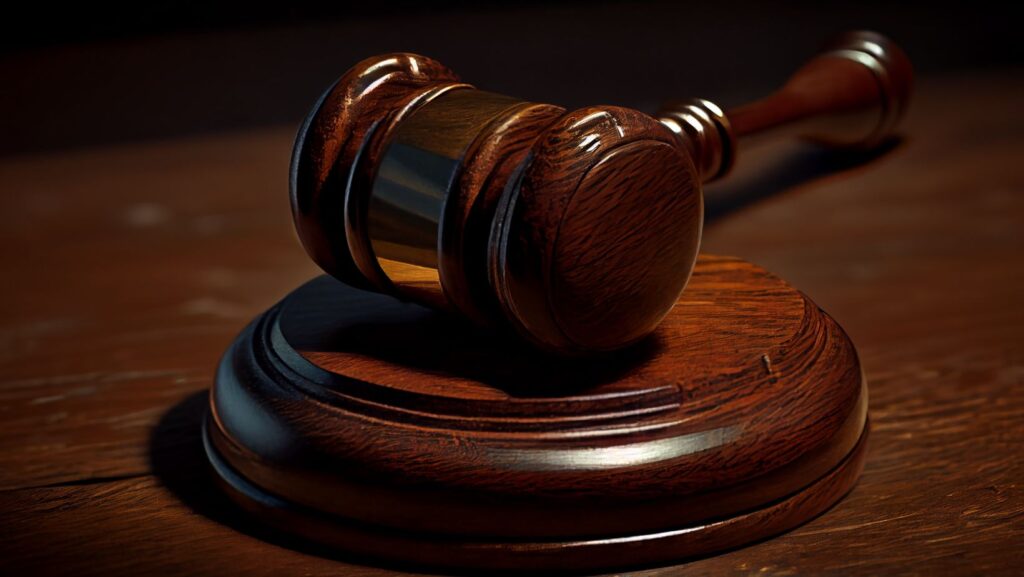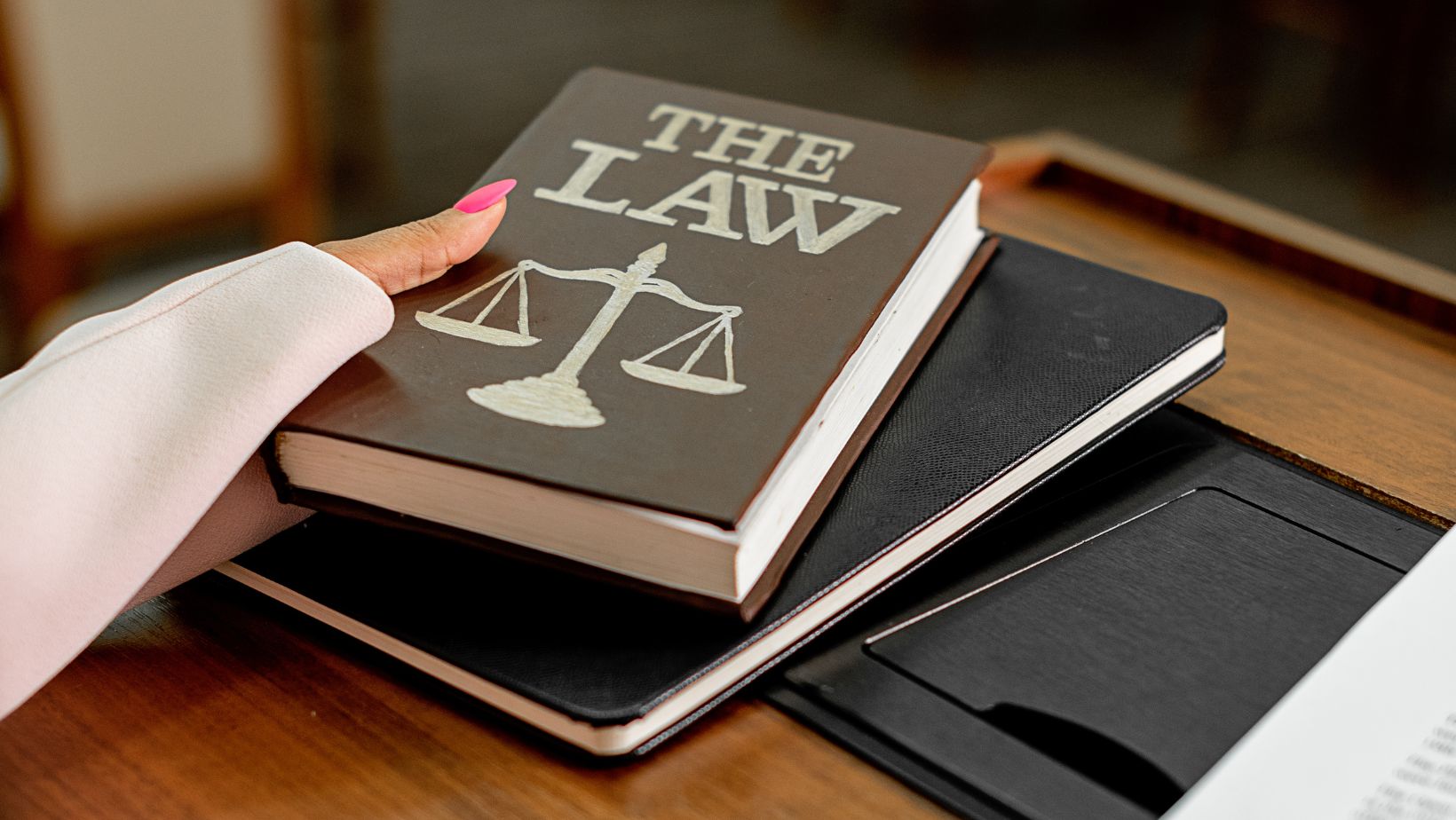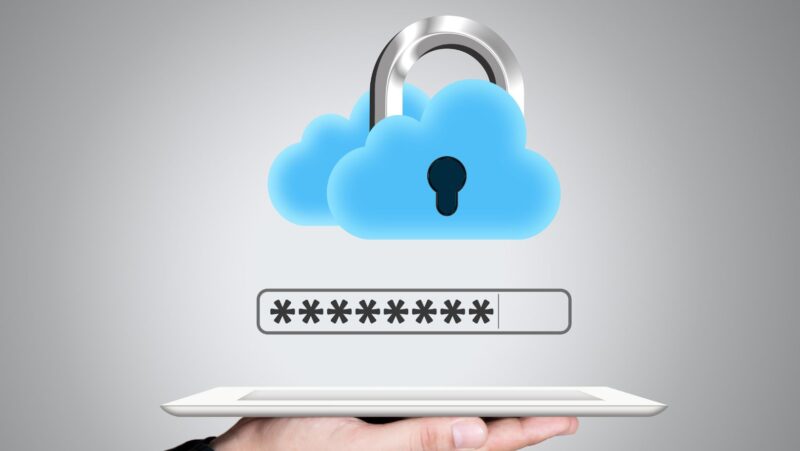
When wrongdoing surfaces in the workplace, speaking up can seem daunting. But what happens when an employee decides to expose illegal activity or unethical conduct? In New York, whistleblower laws exist to protect that choice. These protections allow individuals to report misconduct without risking their careers, reputations, or livelihoods.
Whistleblower protections in New York have become stronger over time. Reforms have made it easier for employees to come forward with information and hold employers accountable. A New York whistleblower lawyer can help navigate these strengthened protections. These laws encourage transparency and promote workplace safety and public trust.
Understanding New York’s Whistleblower Protections
New York Labor Law Section 740 is the key statute protecting whistleblowers. Originally limited in scope, the law was expanded to cover more types of employee disclosures. It protects individuals who report actions they reasonably believe violate any law, rule, or regulation. It also covers situations where the employer’s conduct poses a danger to public health or safety.
Importantly, whistleblower protections apply whether or not the reported activity breaks the law, as long as the employee reasonably believes it does. That change offers workers broader cover when deciding to report misconduct, even if legal experts later disagree on the violation.
Legal Remedies After Retaliation
Retaliation is a common fear among whistleblowers. This could involve demotion, harassment, reduced hours, or even termination. New York law prohibits any form of employer retaliation against whistleblowers. If retaliation does occur, the employee has a right to file a lawsuit.
Through legal action, the employee may recover lost wages and benefits, receive reinstatement to their former position, and obtain compensation for emotional distress. In some cases, punitive damages may also be awarded if the employer’s actions were especially harmful. These remedies help ensure that whistleblowers are not left worse off for doing the right thing.
The Role of a Whistleblower Attorney
The process of reporting misconduct and seeking legal remedies can be complex. An experienced attorney can be an invaluable resource. Legal counsel can evaluate whether a claim qualifies for protection, help gather the necessary documentation, and provide representation during any disputes or hearings.
Hiring a skilled attorney also ensures the complaint is filed correctly and within the required deadlines. Missing these details can risk the case being dismissed. Legal guidance helps maintain the integrity of the process from start to finish.
Confidential Reporting Options
Confidentiality is crucial in whistleblower cases. In New York, reports can be made internally or to agencies like the state Attorney General’s office. Protecting the whistleblower’s identity helps lower the risk of retaliation. Many agencies take confidentiality seriously and even accept anonymous tips.
This allows individuals to report misconduct without immediately revealing their identity. Confidential reporting channels create a safer environment that encourages more people to come forward with important information.
Financial Incentives for Reporting Fraud
In certain cases, whistleblowers may qualify for financial awards. Under the False Claims Act, those who report fraud against the government can receive a share of the recovered funds.
This often applies to misuse of taxpayer money, such as overbilling or fraudulent contracts. These incentives reward integrity and encourage others to report misconduct, adding strength to whistleblower protections beyond just preventing retaliation.
Whistleblower protections in New York provide a strong legal foundation for employees who choose to report unlawful or dangerous conduct. These laws work to prevent retaliation, offer financial and legal remedies, and encourage accountability across both public and private sectors. With the added support of confidentiality options and access to a knowledgeable New York whistleblower lawyer, individuals can take meaningful action without risking their futures. These protections serve individual interests and strengthen ethical standards across workplaces throughout the state.














